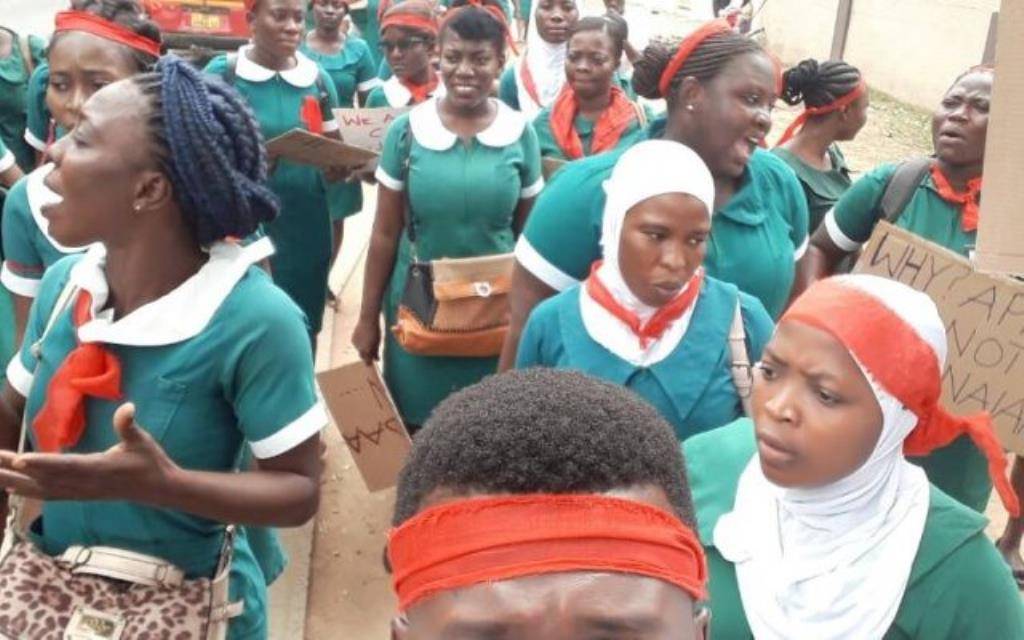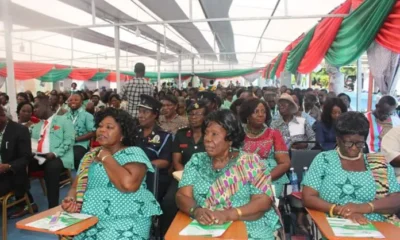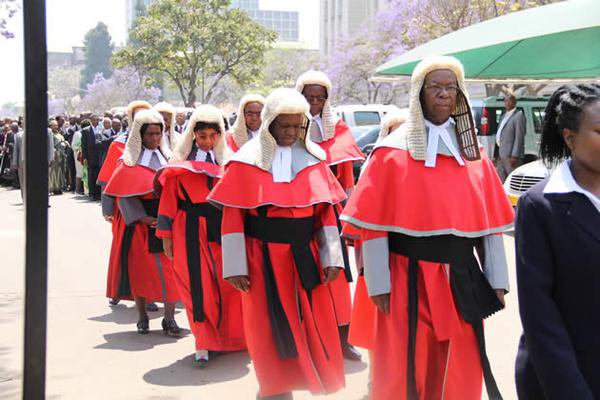Accra, Ghana – More than 128,000 nurses and midwives across Ghana, under the banner of the Ghana Registered Nurses and Midwives Association (GRNMA), have begun an indefinite nationwide strike in protest against the government’s failure to implement the 2024 Conditions of Service (CoS) agreement signed over a year ago.
The industrial action, which took effect this week, has already begun to disrupt healthcare delivery across public hospitals and clinics, raising serious concerns about patient care and public health safety.
Background: The 2024 Conditions of Service Agreement
Signed in May 2024, the Conditions of Service agreement between the GRNMA and the Government of Ghana was intended to establish fair, standardized, and improved employment terms for nurses and midwives throughout the country. The goal was to not only ensure just compensation and motivation for healthcare workers but also to promote retention and equitable service delivery, particularly in underserved communities.
The agreement included several key provisions:
-
13th-Month Salary: An additional salary annually as a bonus.
-
Fuel Allowance: For professionals engaged in travel or outreach services.
-
Medical Allowance: To subsidize healthcare costs for personnel and their families.
-
Rural Incentive Allowance: Additional pay for those serving in remote areas.
-
Uniform Allowance: Annual support to maintain professional dress standards.
-
License Renewal Support: Employer-sponsored professional license renewal.
-
Additional benefits include workload management measures, continuous professional development, health and safety protocols, and structured grievance procedures.
Despite these signed commitments, the government has yet to implement the agreement’s provisions, prompting the GRNMA to mobilize its members into a full-scale strike action.
GRNMA’s Standpoint
“These are not privileges—they are our rights,” the GRNMA said in a press statement released at the start of the strike. “We negotiated in good faith. The government must honor its commitments. This is about dignity, fairness, and the very future of Ghana’s healthcare system.”
The association emphasized that the strike is not merely about salaries, but about broader issues including motivation, working conditions, and professional respect.
Healthcare Impact and Public Reactions
Hospitals and clinics in both urban and rural areas are already feeling the pressure, with non-emergency services slowed or halted and some facilities operating on a skeletal staff. The Ghana Health Service is yet to issue a comprehensive contingency plan as the strike intensifies.
Public reaction has been mixed. While some Ghanaians have expressed concern over disrupted services, many are rallying in support of the nurses and midwives, recognizing their pivotal role in patient care and the immense pressures they face.
Calls for Urgent Resolution
Health sector analysts warn that if the strike persists, the nation could face a major public health crisis, especially in rural and underserved regions that already struggle with limited medical personnel.
Civil society groups and labor unions are urging the government to return to the negotiation table and uphold its end of the agreement.

 World News3 months ago
World News3 months ago
 News2 months ago
News2 months ago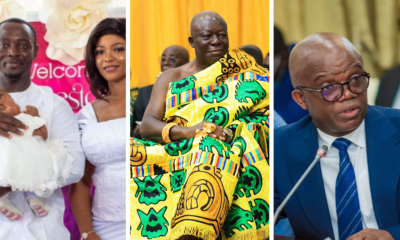
 News2 months ago
News2 months ago
 Health2 months ago
Health2 months ago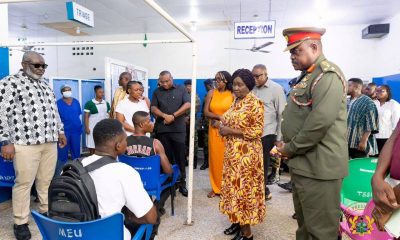
 News2 months ago
News2 months ago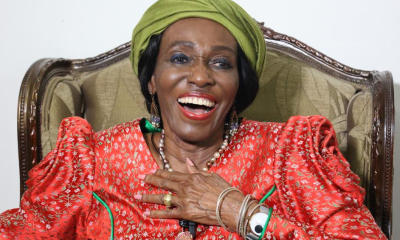
 News3 months ago
News3 months ago
 News2 months ago
News2 months ago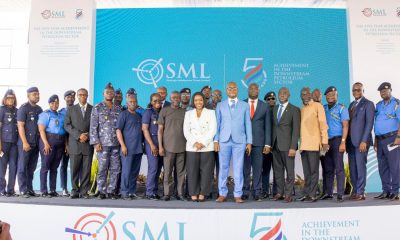
 News3 months ago
News3 months ago
